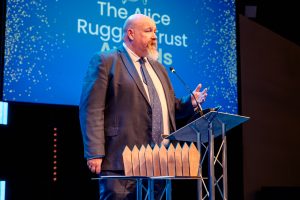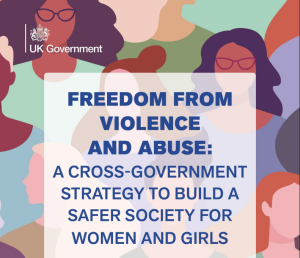(Updated November 2024)
Each autumn we hold a conference where we bring together criminal justice, health service and third sector professionals with academic criminologists and psychologists. We believe that forging strong links between practitioners and academics is vital in order to improve strategies for protecting stalking victims and managing perpetrators.
This year, in response to participants’ feedback, we held our conference over two days. on Wednesday November 6 and Thursday November 7.
The theme this year was
Best practice in tackling stalking
We focused upon various aspects of the multi-agency working that is essential for supporting victims and managing perpetrators in the most effective way possible.
As in the previous two years, the conference was a hybrid, held at College Court conference centre, University of Leicester, and also on-line. For those attending in person there was plenty of time for informal interaction and a conference dinner on the Wednesday evening, featuring the Alice Ruggles Trust awards. Overnight accommodation was available on site.
See here for more about our 2024 conference.



